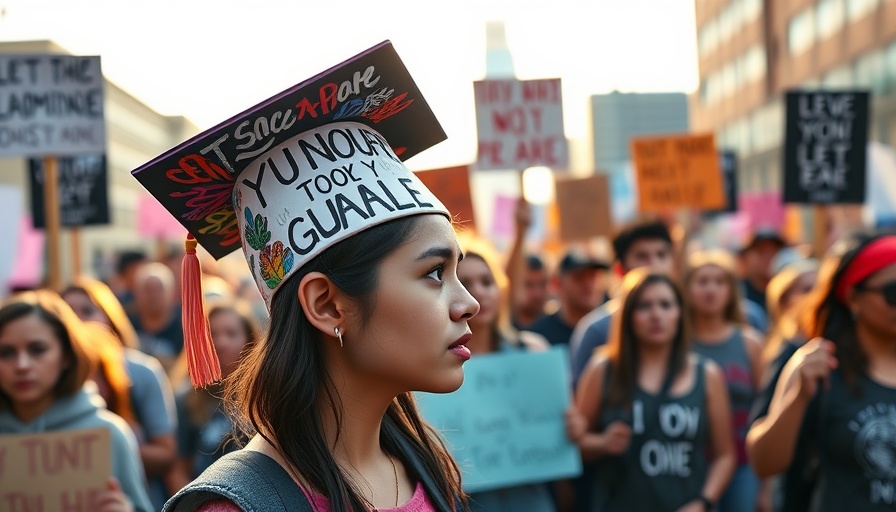
Ivalis Meza Gonzalez Triumphs in District 8 Race
Ivalis Meza Gonzalez has emerged victorious in the race to represent San Antonio's District 8, securing 57.35% of the vote against her opponent, Paula McGee, who garnered 42.65%. This win marks a pivotal moment for both Gonzalez and the constituents she will represent. The election followed the term limit of longtime Councilman Manny Pelaez, who had held the seat for eight years.
A Celebrated Campaign and Community Support
At her victory watch party, Gonzalez expressed immense gratitude to her supporters, emphasizing the hard work that went into the campaign over the past 15 months. "This means the world to us… District 8 residents put me here," she exclaimed, as cheers erupted in the small office off Wurzbach Road. The atmosphere was filled with excitement as supporters hugged and congratulated her.
Gonzalez, who has had a career steeped in local government, previously served as the chief of staff to Mayor Ron Nirenberg. Her deep understanding of city politics resonated with voters, reflecting a preference for experienced leadership over untested candidates.
A Legacy of Advocacy
Gonzalez's political drive is heavily influenced by her mother, Choco González Meza, a devoted advocate for voting rights and a significant figure in the local Democratic Party. Campaign spokesperson Laura Barbarena noted Gonzalez’s victory as a culmination of generational efforts, underscoring the legacy of activism that runs in her family.
Reflections from the Opposition
On the other side of the political arena, Paula McGee, contesting her own campaign watch party, spoke candidly about her unexpected loss. "I was stunned. Certainly not what we expected to see based on what we were hearing from voters," she admitted. Even in defeat, McGee expressed her gratitude for the opportunity to run and vowed to continue serving her community, indicating that her commitment to public service would persist in other capacities, including practicing law more actively.
The Road Ahead for District 8
As Gonzalez prepares to assume office, she reflects on the challenges that lie ahead. She believes that immediate action is necessary for District 8 and is committed to working with her constituents from day one. "District 8 is too important to kind of wait for anybody to do any sort of training there," Gonzalez stated, indicating her readiness to tackle the issues facing her community head-on.
Community Engagement and Future Aspirations
The election results highlight a growing trend in local governance, where candidates with robust ties to their communities often find electoral success. Gonzalez's story is not just about her win; it's a testament to the voices and efforts of the community that propelled her campaign. Her leadership will likely focus on enhancing local governance and fostering deeper connections within District 8.
As she takes on this new role, Gonzalez is being urged to prioritize communication with her constituents and address the pressing issues they face. From infrastructure improvements to social services, the community is eager to see proactive measures that reflect the voters’ trust in her leadership.
For those interested in following Gonzalez’s journey and the potential impacts of her leadership on District 8, staying engaged with local news outlets and community meetings will be essential. Keeping abreast of these developments not only empowers residents but also ensures they are informed participants in the civic process.
 Add Row
Add Row  Add
Add 




Write A Comment